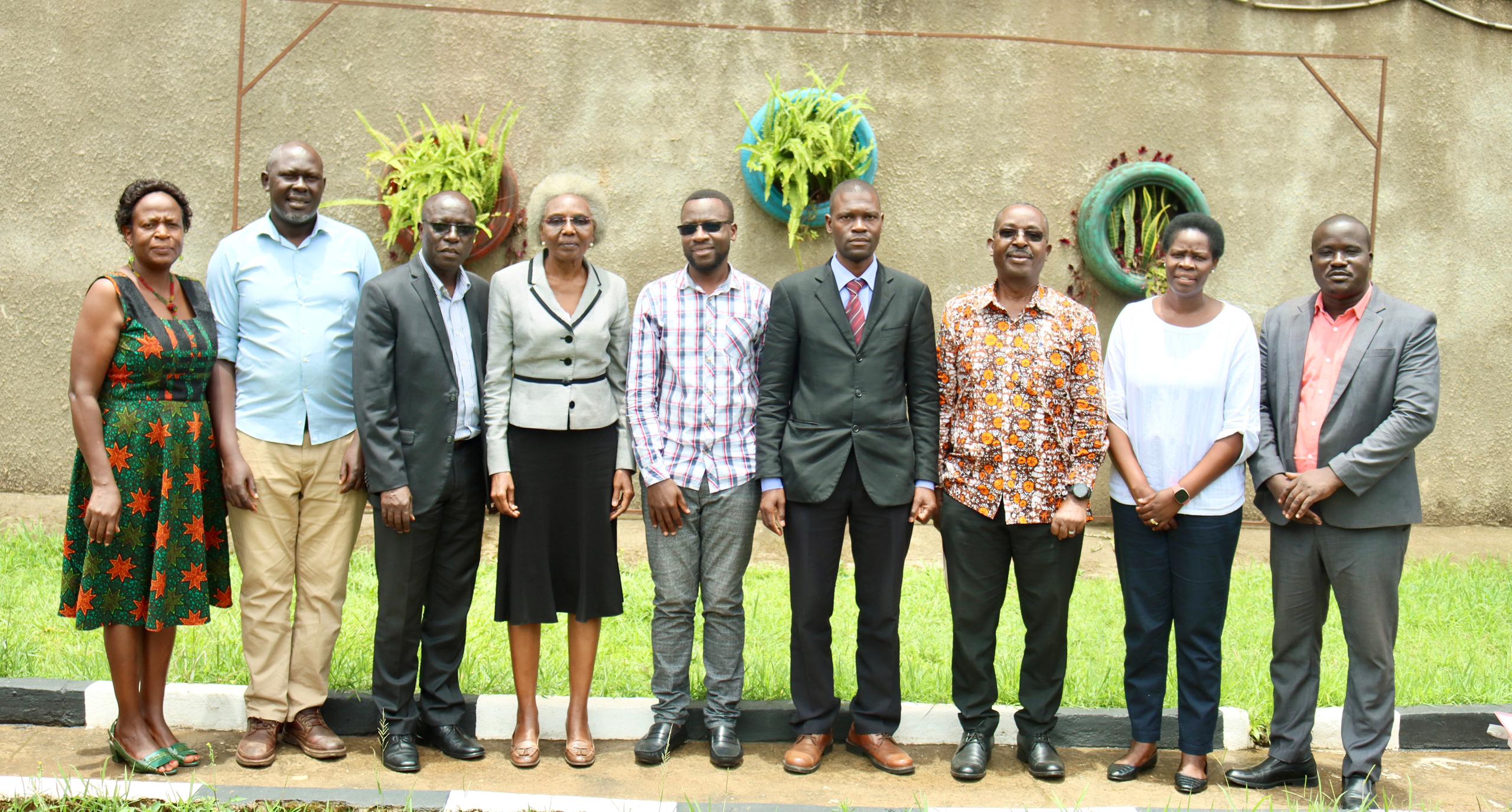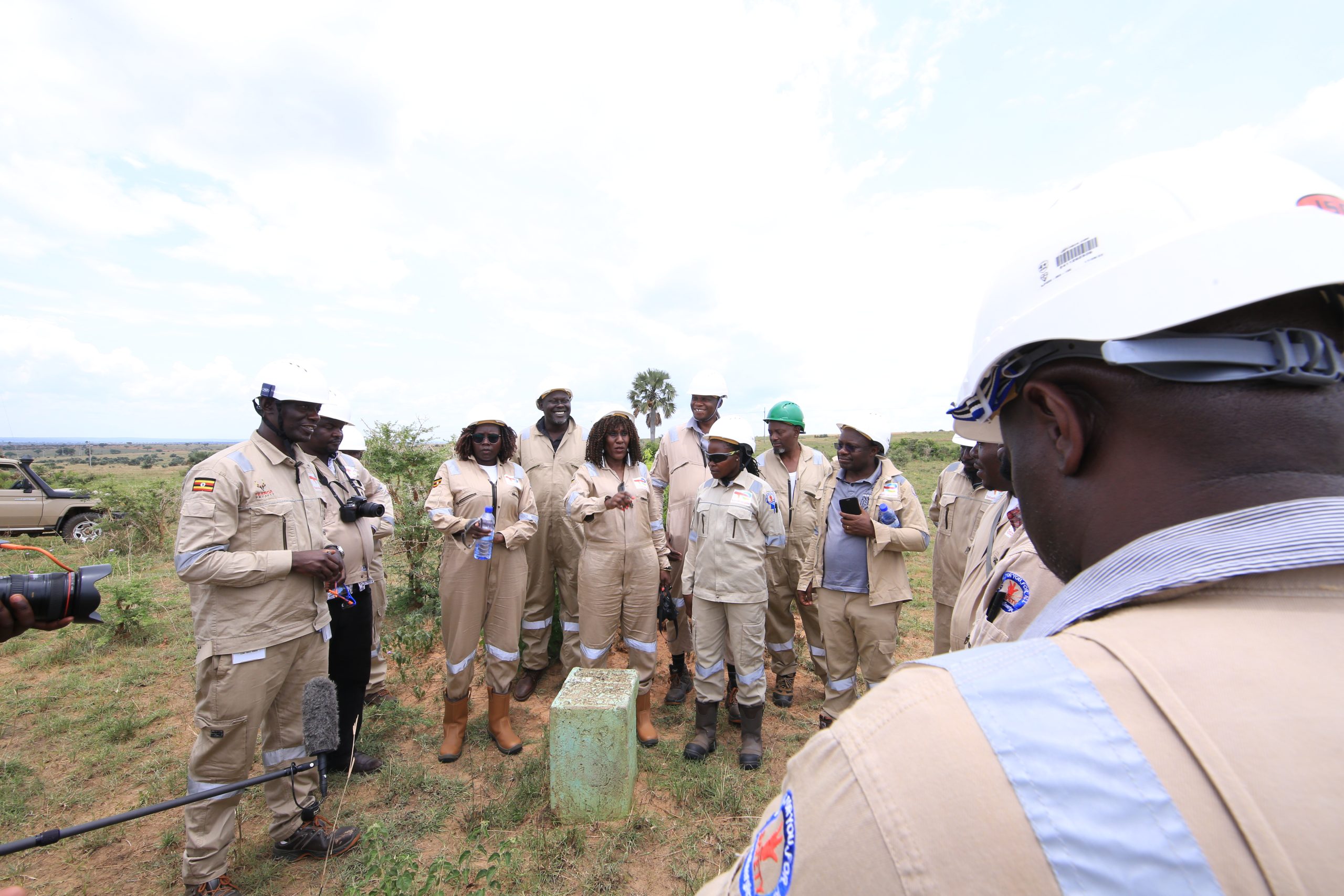Citizen Manifesto Partners to Take Forward Demand for Electoral Reforms
Uganda’s transformational history is immensely typified by the pivotal role of Civil Society Organizations operating both within and outside the country. In the pre – independence era, Ugandans organized themselves to demand for the independence of the country while in the early years of the post – independence era, the country witnessed emergence and evolution of Non-governmental and Civil Society organizations marshaling around particular issues. In the recent past, CSOs in Uganda have formed a unified front to confront particular democratic deficiencies in the country such as the lack of a free and credible electoral process among others.
Citizen Manifesto Amplified (CM) organizes regular Civic Learning Agency for partners to share their experiences in the past year especially achievements, challenges and lessons learnt. The two- day Civic Agency Learning Fellowship was organized on the 11th and 12th February 2015 and attended by over 50 leaders of Civil Society Organizations from across the country at Buziga Country Resort Hotel. The major outcome was to develop a concrete strategy for 2015 building on the 2014 initiatives, enhancing synergies of the partners and improving on coordination.
The learning fellowship employed diverse imaginative and interactive workshop techniques which included; group reflections, panel discussions, lecture presentations among others. The techniques reviewed the Civil Society engagement in the Free and Fair Election Campaign and drew action plans on how to advance the National Citizens’ Compact. The leaders also shared on the planned pre 2016 elections engagements by Civil Society and further built synergies for pre 2016 elections to create maximum impact.
Participants agreed to strategic actions for the Free and Fair elections compact such as, civic and political mobilization through media campaigns, translation of the compact into different local languages, collection of signatures and advance pressure campaigns to push the MPs into passing the proposals contained in the compact, and involving the local authorities and the police in planning for these activities in order to mitigate the risk of police interference.
In a rather enchanting conclusion, a closing speech by Professor Kwesiga implored leaders to realize that the ordinary citizens have first-hand experience and therefore the approach should be to listen and learn rather than teach them. By the end of the meeting, the CSO leaders had gained momentum to unflaggingly propel the campaign for free and fair elections to realize the needed reforms that would enable Ugandan citizens elect the leaders they desire.


